Low growth and high inflation: a toxic cocktail for anxious markets
Low growth, high inflation, central bank tightening, a strong dollar, and the risk of recession is proving a toxic cocktail for world stockmarkets – and for emerging markets in particular.

Get the latest financial news, insights and expert analysis from our award-winning MoneyWeek team, to help you understand what really matters when it comes to your finances.
You are now subscribed
Your newsletter sign-up was successful
Want to add more newsletters?

Twice daily
MoneyWeek
Get the latest financial news, insights and expert analysis from our award-winning MoneyWeek team, to help you understand what really matters when it comes to your finances.

Four times a week
Look After My Bills
Sign up to our free money-saving newsletter, filled with the latest news and expert advice to help you find the best tips and deals for managing your bills. Start saving today!
“Growth is slowing fast, inflation is stubbornly high, and central banks are on the warpath,” say Ajay Rajadhyaksha and Amrut Nashikkar of Barclays. As the world economy enters the second half of the year, “the macro outlook is gloomy”.
Following two years of “chaos” in the pandemic, 2022 was always going to be “a bumpy ride, but nobody expected this – the most turbulent first half global markets have ever seen”, says Marc Jones on Reuters.
During the first six months of the year world stocks saw $13trn wiped off their value, while ten-year US Treasury bonds – a traditional safe-haven – suffered “their worst first half since 1788” after dropping more than 13%. That is better than some other debt: “Italy’s bonds have haemorrhaged 25%” amid fears of a new eurozone crisis.
MoneyWeek
Subscribe to MoneyWeek today and get your first six magazine issues absolutely FREE

Sign up to Money Morning
Don't miss the latest investment and personal finances news, market analysis, plus money-saving tips with our free twice-daily newsletter
Don't miss the latest investment and personal finances news, market analysis, plus money-saving tips with our free twice-daily newsletter
Volatility has returned, with the Japanese yen plunging 15.5% and commodities serving up their strongest rally since World War I.
Bruised and anxious
“Financial markets enter the second half of 2022 bruised and anxious,” says the latest strategy outlook from investment manager Gramercy. Soaring inflation comes at a time “when many countries’ resilience has already been heavily taxed” by Covid-19.
The current cocktail of “lower growth, higher inflation, tighter financial conditions, a stronger dollar, and recession risk” is especially toxic for the developing world, where currency turmoil and “debt restructuring” could be in the pipeline. Emerging-market debt is down nearly 20% so far this year.
US stocks suffered their worst first half since 1970: the S&P 500 benchmark tumbled 20.6%. The tech-heavy Nasdaq Composite fell 29.5% for its “worst first half of a year on record since its inception in 1971”, says Evie Liu in Barron’s. The fall has beaten even “the 25% drop in the first half of 2002 at the height of the dotcom bubble burst”.
A sell-off that started in tech has since spread to other sectors: ten out of 11 US sectors are down this year. The exception? Energy stocks, up 28% due to soaring oil prices.
London’s heavy weighting towards energy and commodities has helped the FTSE 100 avoid the worst. It finished the first half down 4.5%, better than almost every other global market. But with the more domestic FTSE 250 losing more than 20%, the first half was still a mixed bag overall for UK investors.
Is the inflation panic over?
“Inflation almost seems passé. The worry of the moment is now economic growth,” says John Authers on Bloomberg. Central bankers have made it clear that tackling inflation is now their “overriding priority”. They appear willing “to force a recession to get rid of inflation”.
The outperformance of value stocks compared with growth stocks – a key theme earlier this year – has halted in recent weeks, says Robert Armstrong in the Financial Times “This is consistent with recession fear”. Cheap stocks are in the “cyclical, highly leveraged… highly competitive industries” that suffer most in a recession. Halfway through 2022, battered investors are “increasingly defensively positioned”, but have yet to succumb to outright panic.
Get the latest financial news, insights and expert analysis from our award-winning MoneyWeek team, to help you understand what really matters when it comes to your finances.
Alex is an investment writer who has been contributing to MoneyWeek since 2015. He has been the magazine’s markets editor since 2019.
Alex has a passion for demystifying the often arcane world of finance for a general readership. While financial media tends to focus compulsively on the latest trend, the best opportunities can lie forgotten elsewhere.
He is especially interested in European equities – where his fluent French helps him to cover the continent’s largest bourse – and emerging markets, where his experience living in Beijing, and conversational Chinese, prove useful.
Hailing from Leeds, he studied Philosophy, Politics and Economics at the University of Oxford. He also holds a Master of Public Health from the University of Manchester.
-
 New PM Sanae Takaichi has a mandate and a plan to boost Japan's economy
New PM Sanae Takaichi has a mandate and a plan to boost Japan's economyOpinion Markets applauded new prime minister Sanae Takaichi’s victory – and Japan's economy and stockmarket have further to climb, says Merryn Somerset Webb
-
 Plan 2 student loans: a tax on aspiration?
Plan 2 student loans: a tax on aspiration?The Plan 2 student loan system is not only unfair, but introduces perverse incentives that act as a brake on growth and productivity. Change is overdue, says Simon Wilson
-
 Is it different this time for Japanese stocks?
Is it different this time for Japanese stocks?Analysis Nikkei 225 Index has jumped 19.8% this year, and there are signs the rally could continue.
-
 As China reopens, why pick an income strategy?
As China reopens, why pick an income strategy?Advertisement Feature Yoojeong Oh, Investment Manager, abrdn Asian Income Fund Limited
-
 Is Japan the best market to invest in now?
Is Japan the best market to invest in now?Opinion Japan puts Western economies to shame and offers good value for both equity and bond investors, says Max King.
-
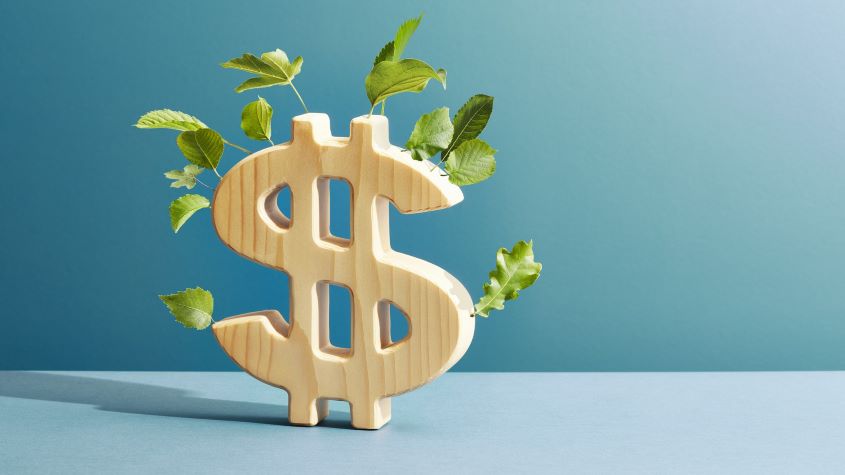 The highest yielding S&P 500 Dividend Aristocrats
The highest yielding S&P 500 Dividend AristocratsTips Dividends are a key component of investment returns in the long-term. A portfolio of dividend aristocrats is a great way to build wealth and a sustainable income stream.
-
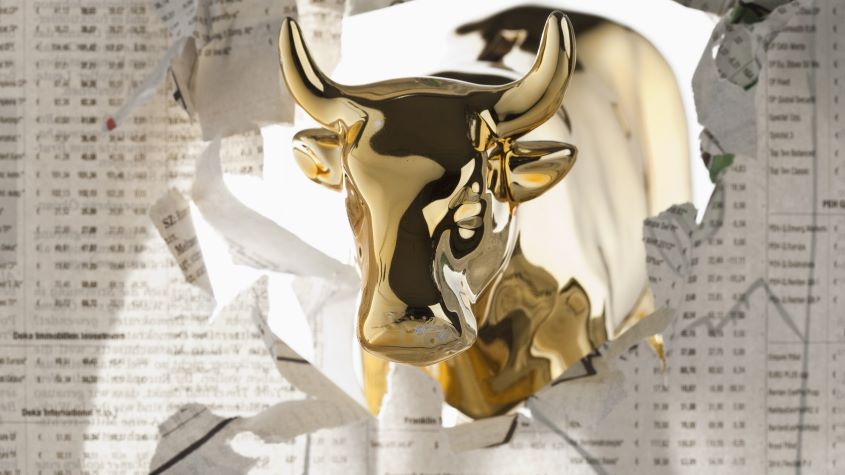 2023 will be a bumper year for stocks. Here’s how to play the rally
2023 will be a bumper year for stocks. Here’s how to play the rallyTips Dominic Frisby explains why he thinks the market rally could have further to run in 2023 despite macroeconomic headwinds
-
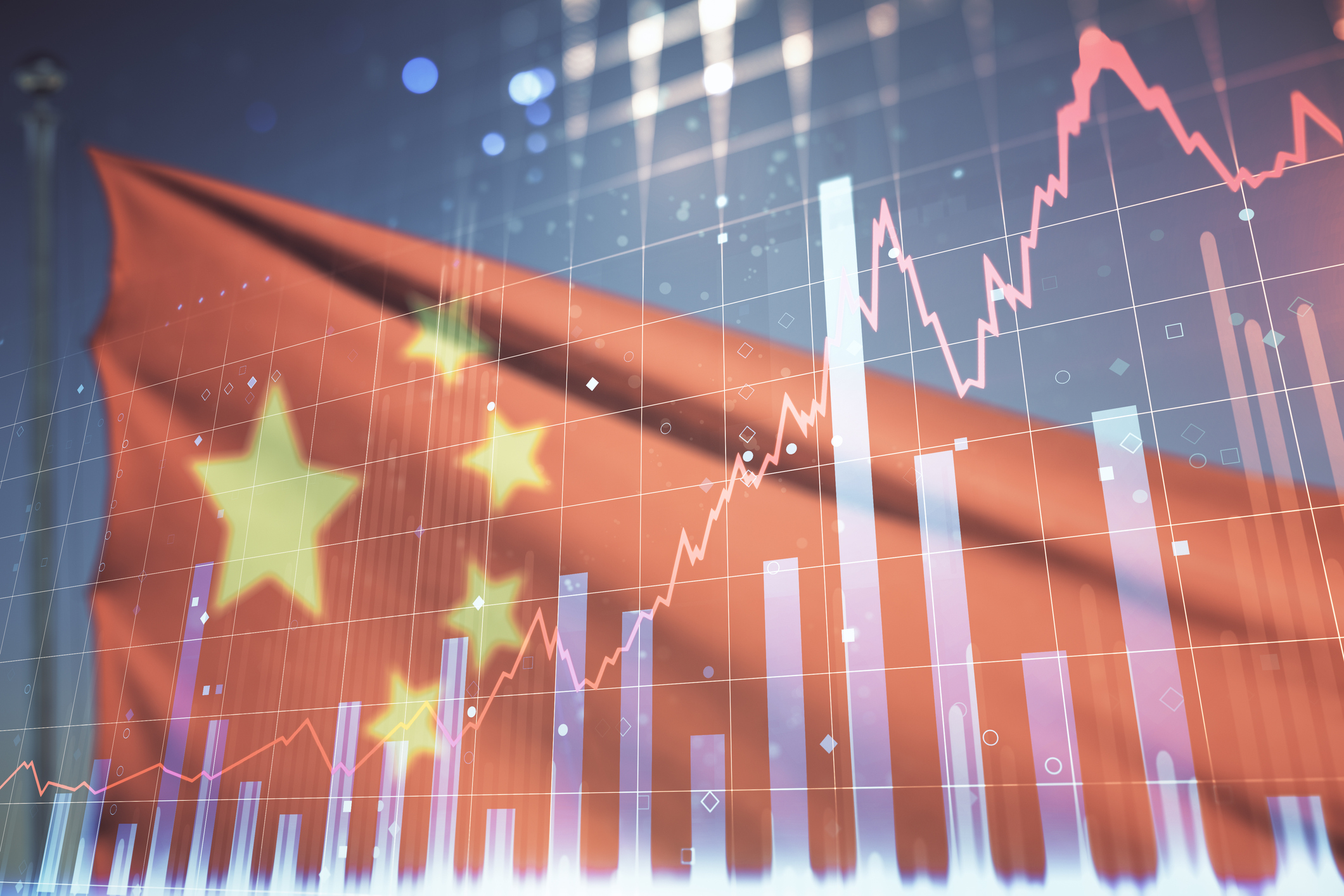 China’s post-covid investment boom off to a slow start. Should you still invest in China?
China’s post-covid investment boom off to a slow start. Should you still invest in China?Advice Investors are no longer bullish on the China shop but the gloomy consensus on Beijing’s economy might be unfair. Should you invest in China?
-
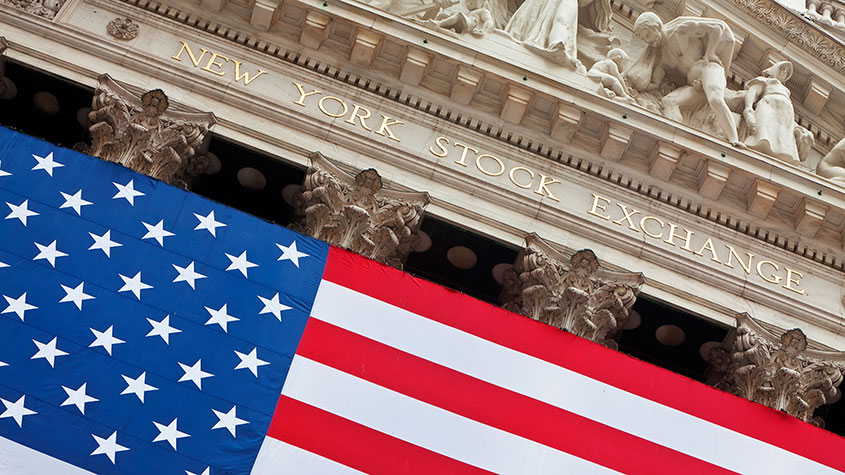 Stock market crash? This time it’s (slightly) different
Stock market crash? This time it’s (slightly) differentOpinion The bears expecting a stock market crash have got it wrong, says Max King.
-
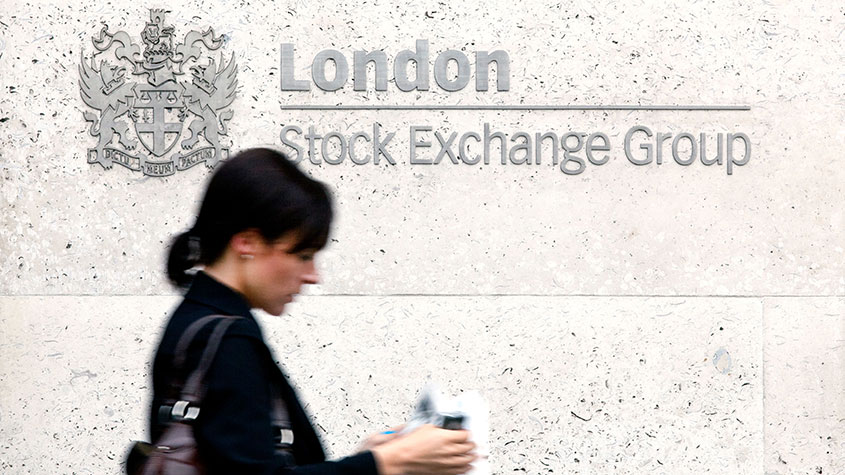 3 UK shares to buy yielding up to 17%
3 UK shares to buy yielding up to 17%Tips 3 UK shares top stocks to buy now, according to Alex Harvey of Momentum Global Investment Management.